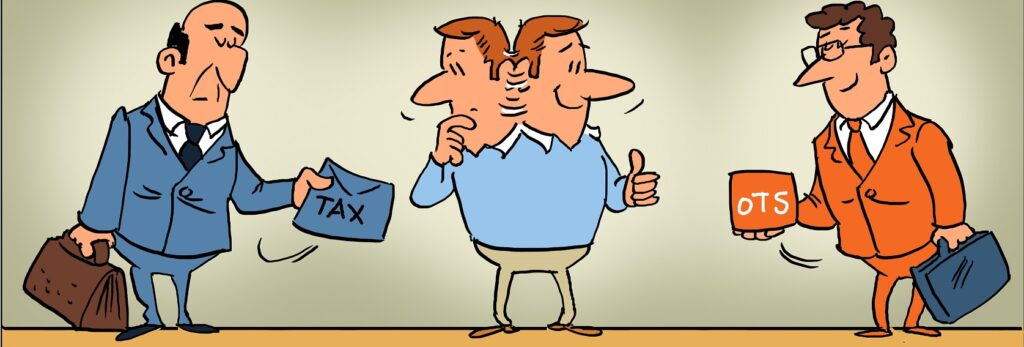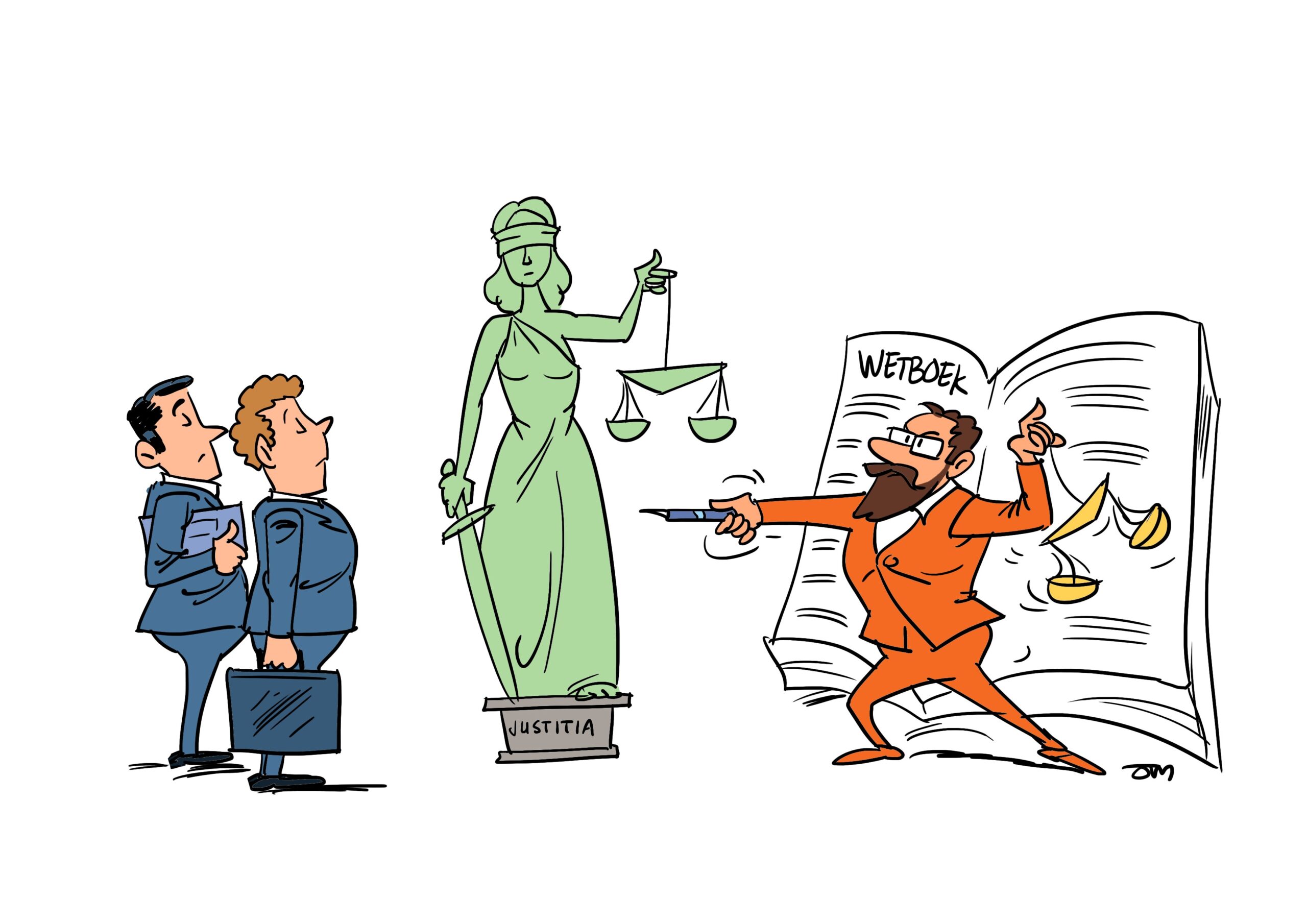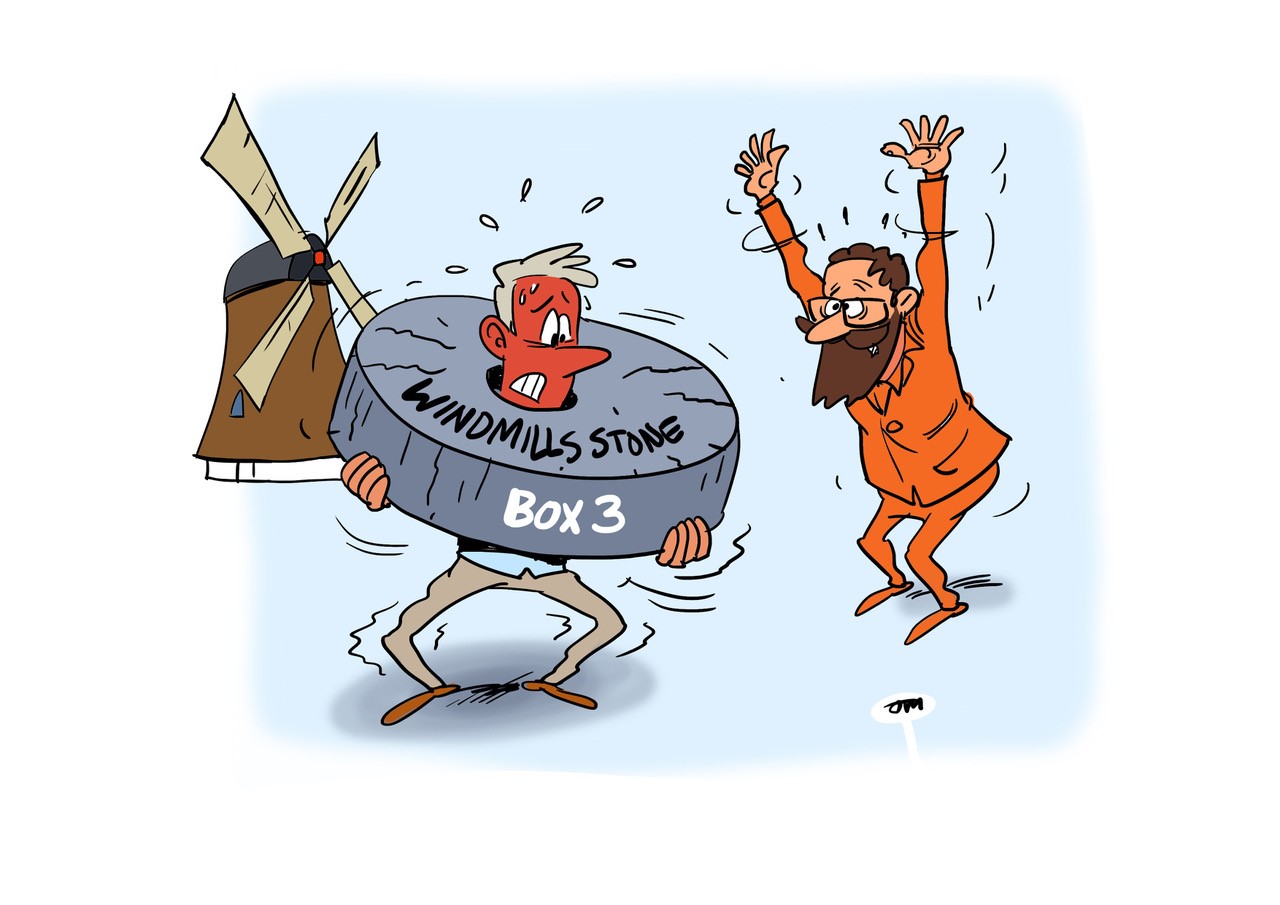Being a sole director of a foreign company residing in the Netherlands, makes the foreign company subject to Dutch rules and taxation. How does that work?
The residence of the director determines the tax residence of the company
We have a number of persons connecting with us that own the shares of a company abroad, but they are living in the Netherlands. They are Dutch tax payers. They are the sole director of that foreign company. That set of facts make the foreign company has become subject to Dutch rules and taxation.
How to avoid this situation?
Either not residing in the Netherlands, or appointing a local director that is fully authorized to represent the company. If that is properly executed, the company result is taxed in that other country. The company dividend, the salary paid, loans obtained by the Dutch resident director are still subject to Dutch taxation.
How is the foreign corporate tax return filed?
The foreign entity needs to comply with the rules under which the corporate was incorporated. Hence a local corporate tax return is to be filed, a nil return. No activities were performed in that country.
The foreign entity needs a Dutch (branch) registration. Hence Dutch corporate income tax can be levied over the result made by the company physically present in the Netherlands.

What are the challenges in a sole director living in NL of a foreign company?
The largest challenge is Value Added Tax (VAT). A ltd company in the United Kingdom, or Dubai, or United States, is outside the EU zone with respect to VAT. The moment the sole director is a Dutch tax resident, the turnover made, is subject to VAT. If the clients are outside the EU and it involves services, it is still a doable situation. If that is not the case and or goods are being shipped, retro active VAT returns needs to be filed. Not filing the proper VAT returns is seen as money laundering by the Justice department. Hence our concern.
Dutch rules
Another challenge are the Dutch rules. In the United Kingdom the low salary high dividend is a frequently applied principle. A principle that is forbidden in the Netherlands. The director shareholder needs to have a minimum salary of EUR 56.000 (2024). However, that salary should not be less than a person in a similar position earns, that does not hold shares in the company.
The moment too much dividend was paid out causing the company no longer being able to pay the costs of the company, the shareholder is held liable in person. In other words, the limited liability is gone.
How to comply?
At all times it should be avoided that the one company pays corporate tax twice. The local accountant of the other country needs to be updated. That accountant should understand the global accounting rules and made amendments in the system in that other country. Amendments that make no more tax is paid over the result.
The Dutch resident director connects with a Dutch accounting firm, preferably our firm. We help you register the company and comply with the Dutch rules. We can make suggestions what to do with the existing foreign company and how to set up in the Netherlands. Fact driven matter, hence we suggest a meeting.
Tax is exciting
We think tax is exciting. The global tax system is also a logical system. Logical is to be taxed in the country where the result is actually being created. Not logical is to do the work in a country with all the facilities, and have the result taxed in a random low taxed country. That is a logic without a future.




